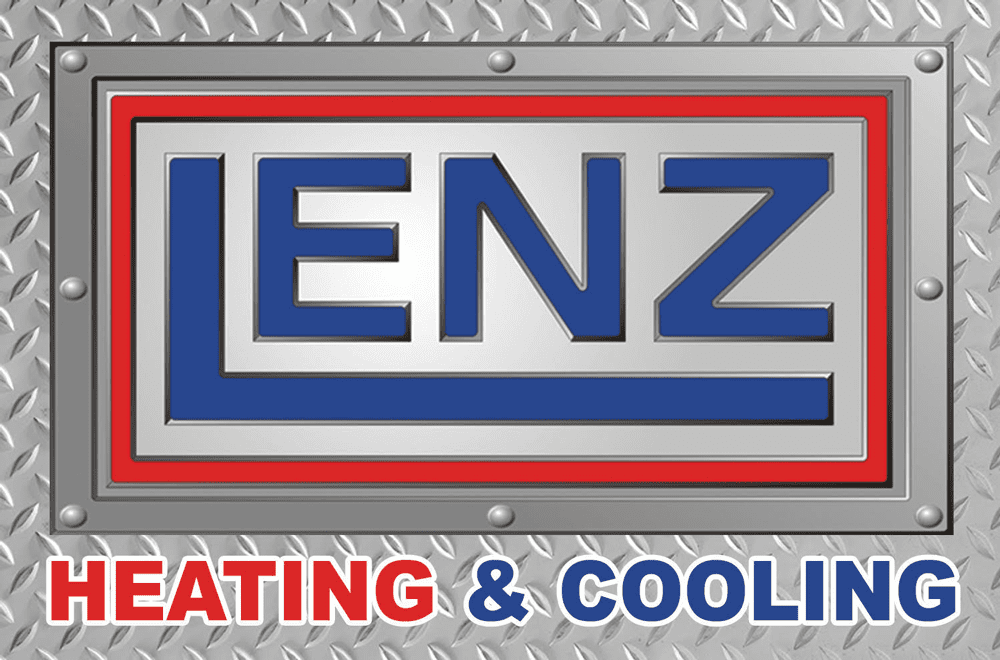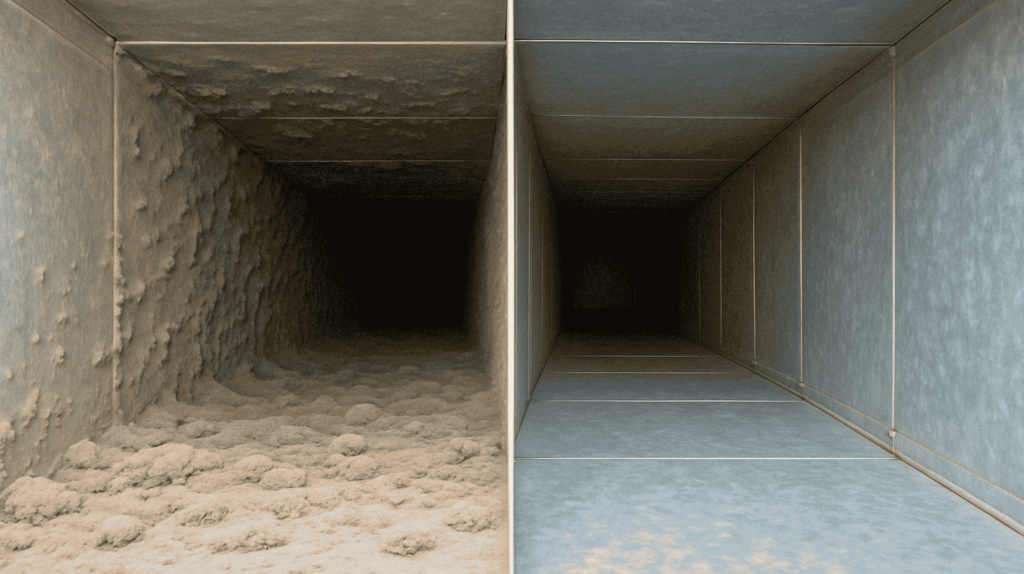What are the Different Types of Furnace Filters?
Filtrete Filters
Filtrete filters are designed to improve the air quality in your home by capturing airborne particles such as dust, pollen, pet dander, and smoke. These high-performance filters are made with electrostatically charged fibers that attract and capture microscopic particles, helping to keep your home’s air clean and fresh. Filtrete offers a variety of filters to fit different heating and cooling systems, including those designed specifically for allergy sufferers and those with pets. Their filters are also designed to last for up to three months, making it easy to maintain a cleaner indoor environment. With Filtrete filters, you can breathe easier knowing that the air in your home is being filtered effectively, providing a healthier living environment for you and your family. Whether you’re looking to reduce allergens, eliminate odors, or simply improve the overall air quality in your home, Filtrete filters are a reliable and effective solution.
Pleated Air Filters
Pleated air filters are an important component of a home’s HVAC system, as they help to improve indoor air quality by capturing and trapping dust, dirt, pollen, and other airborne particles. These filters are made with pleats, which provide a larger surface area for trapping contaminants compared to traditional flat filters. This means that pleated air filters are more efficient at removing pollutants from the air, resulting in cleaner and healthier indoor air. Additionally, pleated air filters typically have a longer lifespan than flat filters, as they can hold more debris before needing to be replaced. They also tend to have a higher MERV (Minimum Efficiency Reporting Value) rating, indicating their ability to capture smaller particles. Overall, pleated air filters are a valuable investment for homeowners looking to improve their indoor air quality and maintain the efficiency of their HVAC system.
Electrostatic Filters
Electrostatic filters are a type of air filter that works by using static electricity to capture and remove particles, such as dust, pollen, and pet dander, from the air passing through them. These filters typically consist of layers of woven fiberglass fibers that are electrically charged to attract and trap airborne particles. Unlike traditional disposable filters, electrostatic filters do not require regular replacement, as they can be easily washed and reused. Although due they make your furnace work hard to push air through them, resulting in a strain in your system that will burn it out more quickly.
HEPA Filters
HEPA (High Efficiency Particulate Air) filters are a type of mechanical air filter that is capable of capturing 99.97% of particles that are 0.3 microns in size. These filters are commonly used in air purifiers and HVAC systems to improve indoor air quality by trapping small particles such as dust, pollen, mold, and pet dander. The dense arrangement of fibers in HEPA filters allows them to effectively capture even the smallest particles, making them an essential component in environments where clean air is crucial, such as in hospitals, laboratories, and manufacturing facilities. In addition to their use in air purification systems, HEPA filters are also utilized in vacuum cleaners and automobiles to remove allergens and pollutants from the air. Overall, HEPA filters play a vital role in promoting cleaner and healthier air, making them a popular choice for those looking to improve the air quality in their homes and workplaces.
How to Choose the Best Furnace Filter for Your Home?
Air Quality Considerations
Air quality considerations are crucial for maintaining a healthy environment and protecting public health. Poor air quality can lead to a range of health problems, including respiratory issues, cardiovascular diseases, and even cancer. In addition to the detrimental impact on human health, air pollution can also harm ecosystems and contribute to climate change. Therefore, it is important to carefully monitor and manage air quality, especially in urban areas where pollution levels tend to be higher. This involves implementing measures to reduce emissions from vehicles, industrial processes, and energy production, as well as promoting sustainable transportation and energy sources. It also requires regular monitoring of air quality through the use of sensors and monitoring stations, as well as informing the public about potential risks and providing guidance on how to minimize exposure to harmful pollutants. By considering air quality in urban planning and everyday activities, we can help ensure a cleaner and healthier environment for current and future generations.
Filter Media and MERV Rating
Filter media is an essential component of air filters used in HVAC systems to improve indoor air quality. The material used in the filter media determines the filter’s efficiency in capturing and removing particles from the air. The Minimum Efficiency Reporting Value (MERV) rating system is a standard used to measure the effectiveness of air filters based on their ability to remove particles of different sizes. A higher MERV rating indicates a more efficient filter at capturing smaller particles. Common filter media types include fiberglass, pleated paper, polyester, and electrostatic material. Each type of media has its own MERV rating, and it is important to choose the right filter media for specific indoor air quality needs. Understanding the MERV rating of different filter media helps in selecting the most suitable filter for capturing specific contaminants and maintaining a healthy indoor environment. Proper maintenance and regular replacement of air filters with the appropriate filter media is crucial for optimal performance and air quality.
Allergy and Health Concerns
Allergies can have a significant impact on a person’s health and well-being. For those who suffer from allergies, exposure to certain substances can trigger a range of symptoms, from mild discomfort to severe reactions. In some cases, allergies can even be life-threatening. It’s important for individuals with allergies to understand their triggers and take steps to avoid them whenever possible. This may involve making changes to their diet, lifestyle, or environment. In addition to physical symptoms, allergies can also take a toll on a person’s mental and emotional health. The constant fear of an allergic reaction can lead to anxiety and stress. Seeking support and guidance from healthcare professionals can help individuals manage their allergies and prevent potential health concerns. By taking proactive measures to address their allergies, individuals can improve their overall health and quality of life.
Optimizing Air Flow
Optimizing air flow is essential for maximizing the efficiency and performance of any ventilation or cooling system. Poor air flow can lead to uneven temperature distribution, increased energy consumption, and potential damage to equipment. To optimize air flow, it is important to consider the layout and design of the space, as well as the positioning of vents, ducts, and fans. Installing deflector plates or adjusting the angle of air vents can help direct air more effectively throughout the room, ensuring a consistent and comfortable environment. Regular maintenance of the ventilation system, including cleaning and replacing filters, is also crucial for promoting optimal air flow. Additionally, using sensors and automated controls can help ensure that the ventilation system operates at maximum efficiency, adjusting air flow based on real-time conditions. By optimizing air flow, businesses and homeowners can save on energy costs, improve comfort, and extend the lifespan of their ventilation systems.
Matching Filter Type with HVAC System
When it comes to selecting the right filter type for your HVAC system, it’s important to consider the specific requirements of your system as well as the air quality needs of the space it serves. Different filter types offer varying levels of filtration and airflow, and choosing the right one can significantly impact the efficiency and longevity of your HVAC system. For example, if you have a system that requires a high level of filtration, such as in a hospital or laboratory, a HEPA filter would be a suitable choice. On the other hand, if your system requires a filter with less restrictive airflow, such as in a residential setting, a fiberglass filter may be more suitable. Matching the filter type to the HVAC system is essential for maintaining clean and healthy indoor air quality while also ensuring the smooth operation of the system. Consulting with a professional HVAC technician can help you determine the best filter type for your specific needs and requirements.
What are the Best Overall Furnace Filters for 2024?
As we enter 2024, advancements in technology have improved the quality and performance of furnace filters significantly. Among the front-runners for the best overall furnace filters are the 3M Filtrete Ultra Allergen Filter, the Nordic Pure AC Furnace Air Filter, and the Honeywell Home MicroDefense AC Furnace Air Filter. The 3M Filtrete Ultra Allergen Filter stands out due to its ability to capture microscopic particles like dust, smoke, and smog while also removing allergens such as mold spores and pollen. The Nordic Pure AC Furnace Air Filter offers a hypoallergenic and antimicrobial filter that effectively combats airborne contaminants, while the Honeywell Home MicroDefense AC Furnace Air Filter uses its unique microdefense technology to maximize air flow and minimize energy usage. All of these options are renowned for their superior air cleaning ability, durability, and cost-effectiveness. Be sure to choose a furnace filter that best suits your specific needs and environment to ensure optimal air quality and furnace performance throughout the year.
If you have any questions about furnace filters, need help changing them out, or need your furnace serviced or replaced, call us today!





